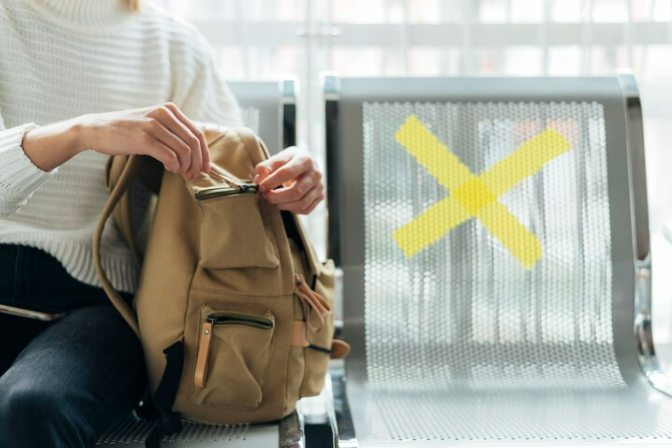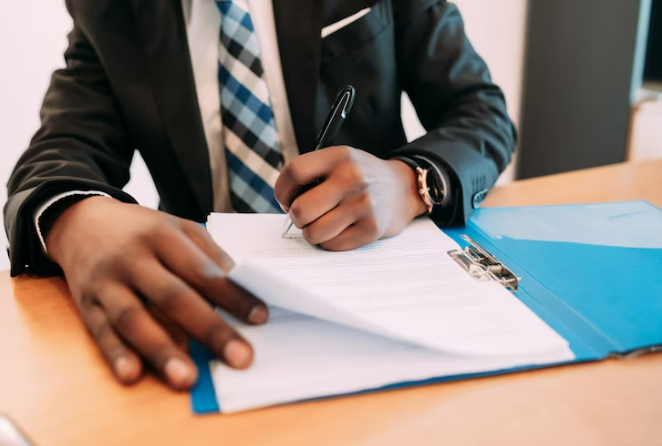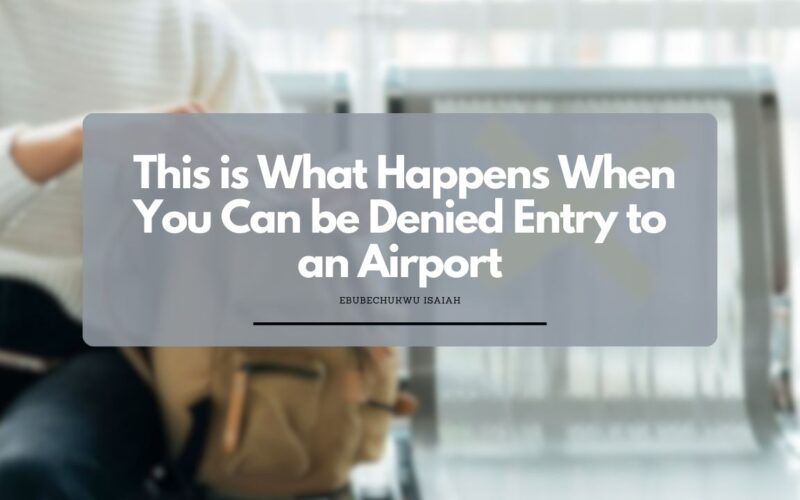As an Amazon Associate, I earn a small commission from qualifying purchases. Learn more about this.
I always thought coming home was the easiest part of any journey.
You know the roads, the language, and the people.
But what if, one day, you land at your home airport and the officers say, ‘Sorry, you can’t enter.’
It sounds strange, right? But it happens. In this post, we’ll look at how and why a country might stop its own people from coming back. It’s a simple guide to a complicated issue.
Can You Be Denied Entry into Your Own Country?

Let’s get straight to the point.
Can you actually be denied entry into your own country?
In most cases, the answer is no, but there are exceptions.
Generally, countries have laws that protect their citizens’ right to return. It’s a basic right for most of us. But, like in many situations, there are some ‘buts’.
What are these exceptions?
Well, it’s not a long list, but it’s important.
Things like legal issues, health crises, problems with your travel documents, or national security concerns can be reasons.
For instance, if you have a legal problem back home, like an arrest warrant, the authorities might stop you at the airport to deal with it first.
Or, consider a health emergency. Remember when COVID-19 hit?
Countries around the world were scrambling to control the spread, and some even temporarily stopped their own citizens from coming back. It was rare, but it happened.
The key thing to remember is this: Being denied entry is not common, but it’s not impossible.
It’s one of those things that you think will never happen to you, until it does.
The reasons are usually serious and, most of the time, your country will help you sort it out.
But it’s always good to be aware and prepared, especially if you travel a lot or live in a place with strict rules.
So, while the answer is mostly ‘no’, the small chance of ‘yes’ is worth understanding.
Common Reasons When You Can Be Denied Entry Into Your Own Country
There are a few reasons why you might be stopped at your country’s border.
- Legal Issues: If you have legal problems, like a warrant for your arrest, your country might not let you in until these are sorted out.
- Health Concerns: During health emergencies like a pandemic, countries might limit people from coming in to stop the spread of disease. This can apply to everyone, including citizens.
- Travel Documents: Sometimes, it’s about your passport or other travel papers. If they’re expired or not in order, even your own country might say you can’t come in.
- National Security: In rare cases, if the government thinks you’re a threat to national security, they might not let you enter.
What Can You Do?
1. Ask for Reasons
When you’re told you can’t enter your country, the first thing you should do is politely ask for the specific reasons behind this decision.
It’s your right to know why you’re being denied entry.
This step is important because it helps you understand the nature of the problem.
Are you being stopped due to a missing document, a legal issue, or something else? Be clear but courteous in your request.
If the officials are not forthcoming with information, ask them who you can speak to for more details.
Keep in mind that getting this information is not just about arguing your case right there; it’s about gathering the necessary details to seek proper assistance later.
This information can be vital if you need to contact a lawyer or your embassy.
Understanding the reason for denial also helps you avoid similar issues in the future.
2. Seek Legal Assistance

If you find yourself denied entry into your country, seeking legal assistance is a critical next step.
Contact a lawyer, preferably one who specializes in immigration law, as soon as possible.
A qualified lawyer can provide crucial advice tailored to your specific situation and help you understand your legal rights.
If you don’t have a lawyer’s contact, ask the border officials for information on how to access legal help.
Many airports have legal aid services or can guide you to where you can get assistance.
A lawyer can guide you through the necessary steps, whether it’s appealing the decision, providing missing documentation, or resolving any legal issues that might be causing the denial.
Keep in mind that legal professionals are trained to navigate these complex situations and can be a valuable resource in resolving your predicament efficiently and effectively.
3. Contact Your Embassy
Reaching out to your country’s embassy or consulate is a vital step when you’re denied entry into your own country.
Embassies are there to assist their citizens in foreign countries, including situations of entry denial.
When you contact them, explain your situation clearly and provide any relevant details.
The embassy staff can offer guidance based on your specific circumstances and may intervene on your behalf.
They can also help clarify any misunderstandings or provide information on local laws and procedures that you might not be aware of.
In some cases, the embassy might be able to provide emergency travel documents if yours are lost or expired.
The embassy is your link to your home government while abroad and can be a crucial ally in resolving your entry issues.
4. Gather Documentation

When you’re facing entry denial into your own country, it’s important to have all your important documents at hand.
This includes your passport, any relevant visas, birth certificate, and any other identification that proves your citizenship.
If you suspect the denial is due to a specific issue like a legal or health concern, having documents related to that issue can also be helpful.
For example, if there’s a health-related concern, having a recent health report or vaccination records could be beneficial.
Keep copies of these documents in a safe place, possibly in electronic form, so they’re easily accessible.
Presenting the right documentation can often clear up misunderstandings quickly.
It’s like having the right keys to unlock a door – the right documents can open the way to resolving your situation.







